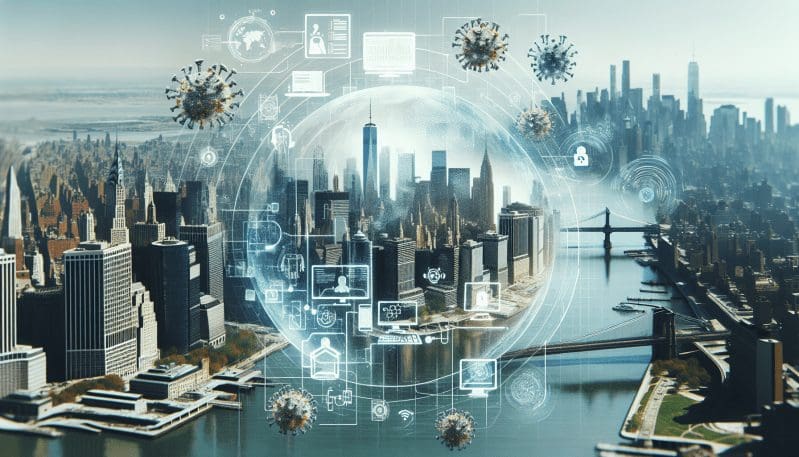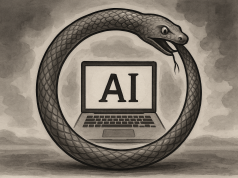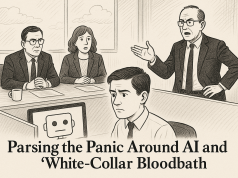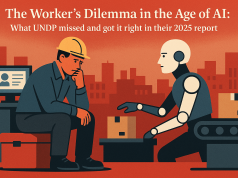As the urban landscape of New York slowly recovers from the seismic shifts brought by the COVID-19 pandemic, the concept of ‘work’ has undergone a radical transformation. The implications of this transformation are far-reaching, influencing everything from office design to work hours, and even the very notion of productivity. The Work Times, ever attuned to these evolutions, delves into what the future holds for the working professionals of the city that never sleeps.
Reflecting on the long-term impacts of the pandemic, we see a metamorphosis of workplace norms, particularly in densely populated urban settings like New York. The traditional 9-to-5 grind within the four walls of an office building is no longer the definitive model of professional engagement. Instead, the definition of ‘office’ has expanded beyond physical space, transcending geographical bounds to include home offices, co-working spaces, and digital nomadism.
The standardization of work hours has similarly undergone a dramatic shift. Flexibility is the new mantra, with many companies abandoning strict schedules in favor of output-based models that empower workers to design their own workdays. This evolution has been made possible by innovations in technology that facilitate remote and hybrid work models. Video conferencing, project management software, and cloud-based platforms have become the gears of the modern workplace machine.
The sustainability of these new work models hinges on their ability to maintain or improve worker productivity while enhancing work-life balance. Initial data suggests that for many, the ability to work remotely has led to an increase in productivity and a more satisfying integration of professional and personal life. Nevertheless, this is not a one-size-fits-all solution. The digital divide and the nature of certain jobs make remote work a less viable option for some, which can exacerbate existing inequalities.
As such, the new norms have the potential to both perpetuate and alleviate workplace inequalities. Access to technology, space for a home office, and the type of work performed all play into the new dynamics of inequity. Companies, therefore, need to be proactive in implementing policies that ensure fairness and the well-being of all employees.
To support this goal, businesses can offer stipends for home office setups, provide access to mental health resources, and create clear communication guidelines to prevent burnout. Additionally, investing in training can help workers adapt to the new technologies that are now integral to their jobs.
The post-pandemic world has handed us an opportunity to reimagine the work environment. As we navigate these new norms, it’s imperative that companies and workers alike remain adaptable, compassionate, and innovative. Only by working together can we ensure that the future of work is not only productive but also equitable and conducive to the well-being of everyone in our New York workforce.

























